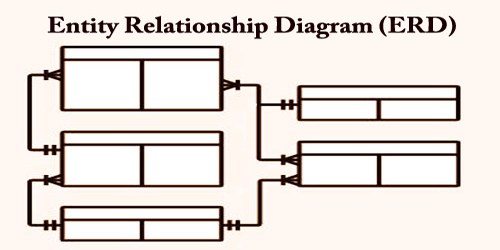Obesity and type 2 diabetes patients who have good glucose control have a lower risk of cancer. Large, long-term weight loss tends to protect against cancer, but adequate glycemic control dramatically reduces the incidence of cancer cases, according to a University of Gothenburg study.
Obesity has long been recognized as a risk factor for type 2 diabetes and a variety of cancers. Intentional weight loss, such as through bariatric surgery, often results in diabetes improvement, with many patients achieving normal blood glucose control.
Cancer risk can be lowered in obese persons with significant, long-term weight loss. However, there have been few investigations on the relationship between weight loss, cancer risk, and glucose management in people with type 2 diabetes and obesity.
Data from the “SOS” (Swedish Obese Subjects) intervention trial, which is led and coordinated from the University of Gothenburg, as well as data from other sources, such as the Swedish Cancer Registry, were used in the current study, which was published in the journal Diabetes Care.
The global epidemic of both obesity and diabetes leads to an increased risk of cancer, as well as an increased risk of premature death. It has been estimated that, over the next 10 to 15 years, obesity may cause more cancer cases than smoking in several countries. This is a clear illustration of how serious the condition is.
Kajsa Sjöholm
Cancer risk 60 percent lower
The researchers compared a group of 393 persons with type 2 diabetes who had bariatric surgery to a control group of 308 people who had extreme obesity and type 2 diabetes but had not had bariatric surgery.
The two groups were equivalent in other ways, such as gender composition, blood glucose, and smoking. In the surgical group, 68 people (17%) developed cancer at the same time as losing a large amount of weight.
In the control group, there were 74 (24 percent) new cancer diagnoses, whereas these people remained very obese. The average time of follow-up was 21 years. Overall, the group that underwent obesity surgery had a 37 percent lower risk of cancer.
However, when cancer risk was examined in patients who had normal glucose control and had no return of diabetes throughout a ten-year period, they found the biggest difference.
Cancer occurred in just 12 out of 102 (12%) of these patients, compared to 75 out of 335 (22%) of those whose diabetes had recurred during the same time period. As a result, the data demonstrate a 60% reduction in cancer risk in the group that maintained normal glucose management for ten years.
Guidance for preventing cancer
“What we see is that, among patients with type 2 diabetes, many cancer cases are preventable. These results are an important contribution that enhances our understanding of the connection between glucose control and cancer prevention,” says Kajsa Sjöholm, Associate Professor of Molecular Medicine at Sahlgrenska Academy, University of Gothenburg, and the study’s first author.
Magdalena Taube, Associate Professor of Molecular Medicine at Sahlgrenska Academy, University of Gothenburg, is the senior author of the study.
“The global epidemic of both obesity and diabetes leads to an increased risk of cancer, as well as an increased risk of premature death. It has been estimated that, over the next 10 to 15 years, obesity may cause more cancer cases than smoking in several countries. This is a clear illustration of how serious the condition is,” she says.
“Strategies are need to prevent this development, and our results can provide vital guidance for prevention of cancer in patients with obesity and type 2 diabetes,” Taube concludes.
















